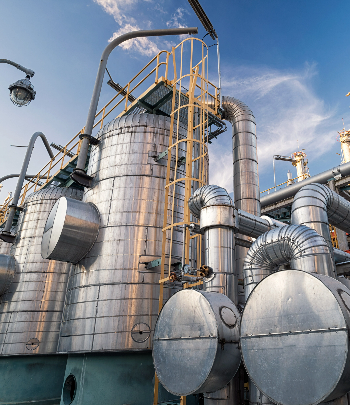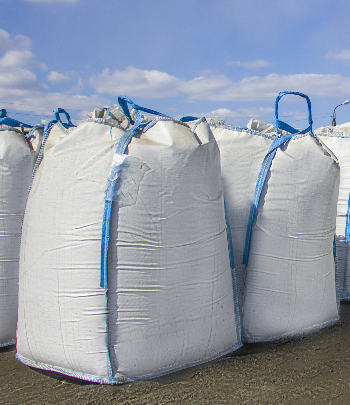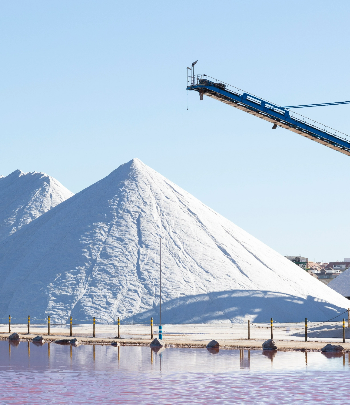Corrosion Inhibitors
Volatile amines or corrosion inhibitors of ours are used in various boilers for minimizing the effects of acid. Also, they are used in the amines form as a protective film on the steel surfaces and even act as an anodic inhibitor.
The corrosion inhibitors of Blue Line Chemicals are commonly used in various industries. They are even found in over-the-counter products, typically in spray form in combination with a lubricant and even a penetrating oil. They may be added to water to prevent the leaching of lead or copper from pipes.
A common method for inhibiting corrosion involves the creation of coating, often as a passivation layer, which prevents access of the corrosive substance to the metal. Well, permanent treatments like chrome plating are not generally considered inhibitors, but corrosion inhibitors are additives to the fluids that surround the metal or related object.
Best Usage Of Corrosion Inhibitors
Our corrosion inhibitors are commonly added to coolants, fuels, hydraulic fluids, boiler water, engine oil, and many other fluids used in the industry. For fuels, various corrosion inhibitors can be used. Some components even consist of zinc dithiophosphates.
The DCI-4A is widely used in commercial and military jet fuels, acts also as a lubricity additive. This corrosion inhibitor of us can be also used for gasolines and other distillate fuels.
The DCI-6A is used for motor gasoline and distillate fuels, and military fuels. The DCI-11 is used for alcohols and gasoline containing oxygenates.DCI-30 is used for gasoline and distillate fuels and they are excellent for pipeline transfers and storage, caustic-resistant.
Illustrative applications
Volatile amines are used in boilers to minimize the effects of acid. In some cases, the amines form a protective film on the steel surface and, at the same time, act as an anodic inhibitor. An inhibitor that acts both in a cathodic and anodic manner is termed a mixed inhibitor.
Our corrosion inhibitors are commonly used in paints. A pigment with anticorrosive properties is zinc phosphate..
In oil refineries, our hydrogen sulfide corrosion inhibitor can corrode steels so, it is removed often using air and amines by conversion to polysulfides.
Additionally, orthophosphates are added in water treatment systems to prevent the leaching of lead and copper from pipes.
Products
- Bentonite
- Sodium Hydroxide
- Sodium Bi Carbonate
- Soda Ash
- Defoamers And Foamers
- Corrosion Inhibitors
- Catalyst
- Barite SG 4.15/4.20
- Biocides & Scavengers
- Acid Inhabitors
- Specialty Chemicals
- Mud Chemicals
- Calcium Bromide
- Sodium Bromide
- Potassium Chloride
- Sodium Chloride (Industrial salt)
- Calcium Chloride
Products by Application

Packaging









